How Long Can a Cat Go Without Drinking Any Water?
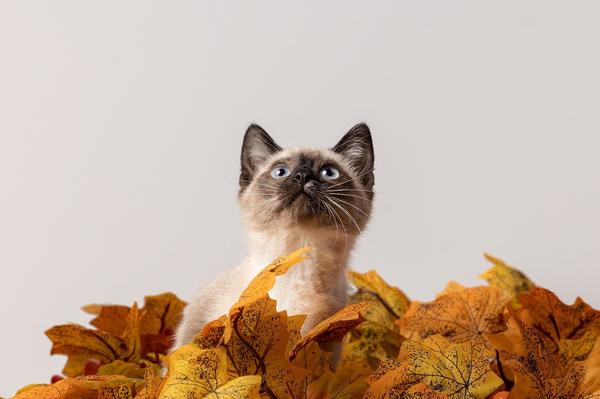
Concerned about your cat's hydration levels?
Wondering how long they can go without drinking water?
I understand, we've all been there.
Maybe you've caught yourself staring at your beloved feline, obsessing over their water dish, wondering if they're getting enough H2O.
You're not alone, my friend. 😉
But fear not, because today, we're diving deep into the mysterious world of feline hydration.
So grab a seat and let's uncover the truth together.
Ready?
Let's begin.
How Long Can Cats Go Without Water?
Cats can't go without water for long, usually just a few days.
On average, they can survive about 3-4 days without drinking before it becomes a real problem.
But remember, not all cats are the same.
Some rare cats have managed to hold on for up to 2 weeks without water, but you shouldn't rely on that.
To keep your furry friend healthy and properly hydrated, ensure they can always find fresh water nearby.
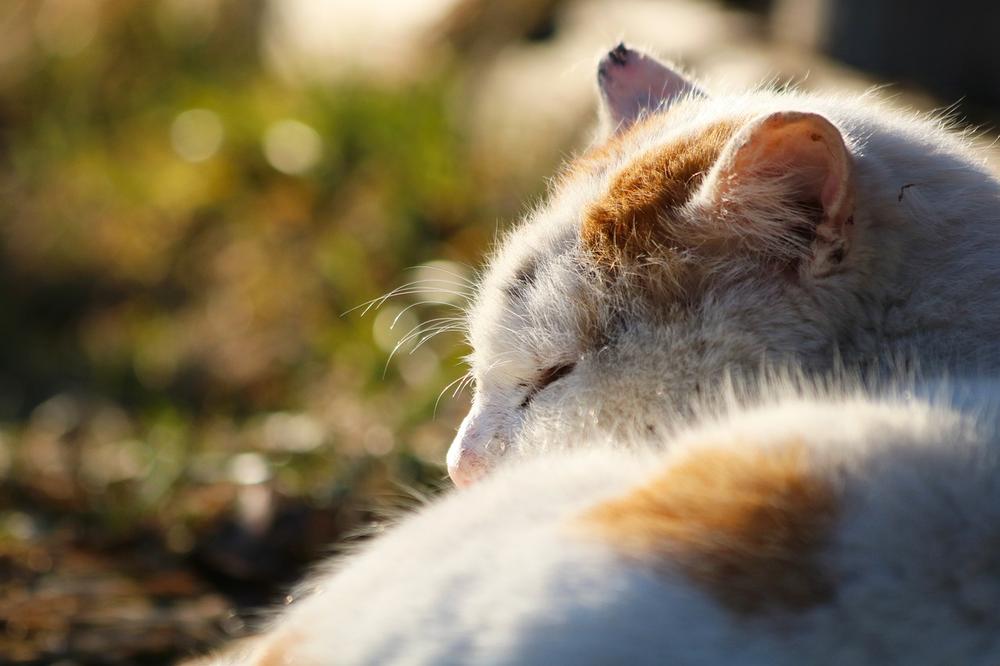
If they stay dehydrated for too long, their organs could get damaged and they could face serious health issues.
So, if you see any signs of dehydration in your cat, take action right away.
Now, here's what you need to know about cats and water:
- A healthy adult cat should guzzle around 4 ounces of water for every 5 pounds they weigh, each day.
- Kittens are more vulnerable to dehydration and should have constant access to water.
- A cat's ability to survive sans water can be affected by factors like overall health, age, and sleep habits.
Your cat needs water to thrive, so ensure they always have plenty to sip on. 😺
And if you're curious about another important aspect of your cat's bodily functions, I highly recommend checking out my blog post How Long Can Cats Hold Their Pee.
In this guide, I delve into the fascinating topic of how long cats can go without needing to use the litter box or potentially having accidents.
It's an intriguing read that will help address any concerns you may have.
So why not satisfy your inquisitiveness and find out more about this intriguing feline habit?
How Long Can a Sick Cat Go Without Water?
Dehydration in sick cats can be life-threatening
You love your furry friend, and it breaks your heart when they're sick.
But did you know that when cats are ill, they have a higher risk of severe dehydration?
It's true!
When they're already vomiting or experiencing diarrhea, they naturally drink less water, which can lead to dangerous levels of dehydration.
Without enough water, your cat's body can't function properly. And let me tell you, they cannot survive without water for too long.
In fact, they can only go two or three days without water before their life is at stake.
Lack of water can cause serious complications
Dehydration isn't the only problem.
Cats also need to consume enough calories to stay healthy.
When they aren't eating or drinking well, their bodies may start using up their own fat stores.
Now, that might sound beneficial, but trust me, it's not.
When a cat's liver gets fat deposits, it can lead to a condition called hepatic lipidosis.
And let me tell you, it's an experience you don't want your cat to endure.
Hepatic lipidosis poses a significant threat to their health and can cause further complications if not addressed promptly.
Keep an eye on your cat's water intake
So, what can you do to prevent these issues?
Well, first and foremost, make sure your cat always has access to clean and fresh water, especially when they're unwell.
Monitor their water intake closely, and if you notice any signs of dehydration or a lack of appetite, don't hesitate to contact your veterinarian right away.
You are the one your cat depends on, so keep a close watch on how much water they drink and all in all well-being while they're recovering from illness.
They rely on you to keep them hydrated and healthy.
Warning Signs of a Dehydrated Cat
Here are some warning signs to look out for if you suspect your cat may be dehydrated:
- Lethargy
- Weakness
- Dry or tacky gums
- "Skin tent" when lifting near the shoulder blades Not bouncing back instantly
- Loss of appetite Refusing food and water
- Sunken eyes
- Collapse
These signs may indicate severe dehydration, so you must act promptly. 😿
If your cat's coat is drenched, it may hinder their movements and require immediate attention.
Moreover, keep an eye on any changes in their sleep habits, as it could be a red flag for underlying health issues.
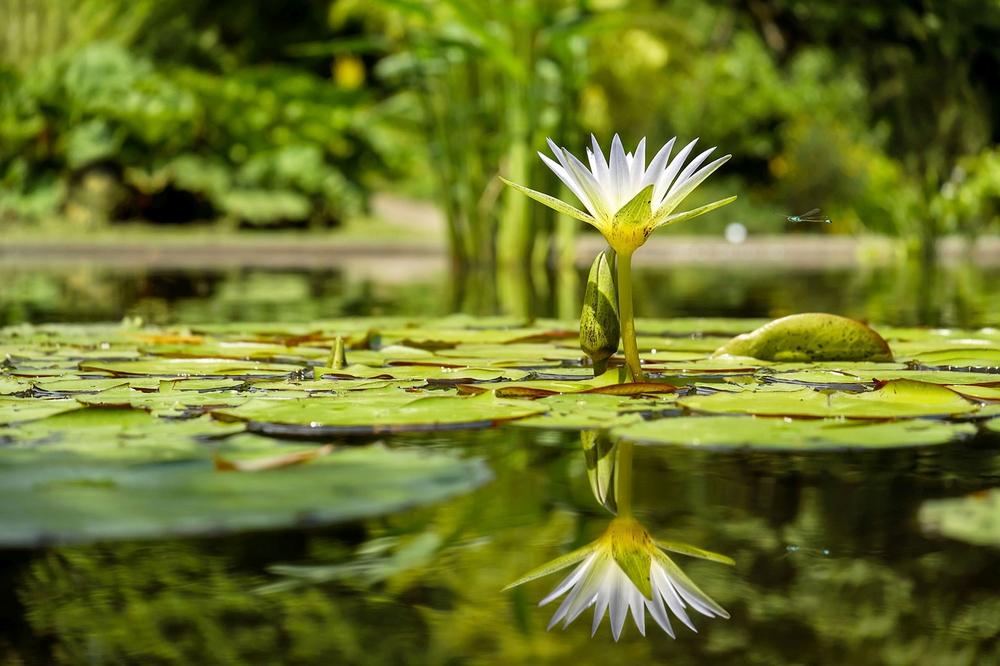
With that being said, you ought to pay attention to these warning signs to ensure your cat's well-being.
If you notice any of these symptoms, contact your veterinarian right away for further guidance and treatment options.
But how much water does a cat actually need to stay healthy?
Let's explore the potential health issues that can arise from low water intake and why it's important for you to ensure your cat drinks enough water.
Causes of Dehydration in Cats
Water is crucial for your cat's health. Without enough water intake, they could suffer from kidney disease, cystitis, constipation, and other health problems. If your furry friend has hyperthyroidism, kidney disease, or diabetes mellitus, they might be even thirstier than usual.
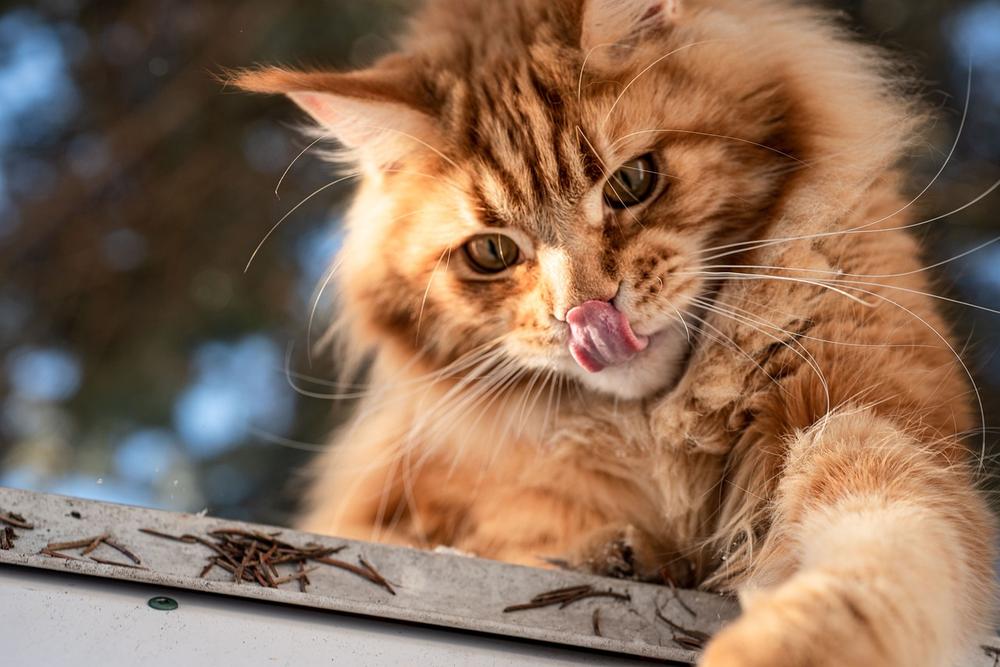
It's up to you to ensure they get the right amount of water to avoid these potential complications.
Encouraging your cat to drink water can be done by providing fresh water in multiple places around the house, using clean bowls, and even offering wet food.
Keeping your cat hydrated is an important responsibility that falls on you.
Ways to Encourage Your Cat to Drink More Water
Here are 10 ways to get your cat to drink more water:
- Put a bunch of water bowls around your house, so you don't have to go far to find one.
- Get a fancy cat water fountain that they'll love to drink from.
- Don't let their food bowl touch their water bowl, because that's just gross.
- If your furry friend eats canned food, mix in some warm water to up their water intake.
- Give them wet cat food instead of kibble, it'll hydrate them better.
- Keep those water bowls clean and fresh so they want to drink from 'em.
- If tap water tastes funky to your cat, use filtered water, they'll appreciate it.
- Check for any nasty mold or algae in the water, 'cause nobody wants that.
- Make sure pregnant cats and kittens always have water at hand, it's important.
- Your indoor cat needs plenty of water and vaccines to stay healthy, so take care of 'em.
A happy cat is a healthy cat!
When Should You Worry That Your Cat Is Not Drinking Enough?
Changes in drinking patterns may indicate illness
Cats can be tricky to understand, especially when it comes to their drinking habits. But paying attention to any sudden changes can help you detect potential problems.
If your cat starts drinking more or less than usual, it could be a sign that something's not right.
So how do you handle this?
The key is to know your cat inside out.
By understanding their usual water intake, you'll spot any abnormalities quickly and easily.
Don't wait if something seems off
If your furry friend hasn't touched their water bowl for an entire day, it's time to worry. Going without water for 24 hours is a clear indication that your cat needs professional attention.
I get it, you might want to ignore it and hope for the best.
But remember, cats are masters at hiding pain.
So even if your cat seems fine otherwise, don't take any chances.
Take them to the vet for a thorough examination.
When in doubt, consult a professional
Now, I'm not saying you have to rush to the vet every time your cat drinks water a little faster or slower. However, if you're genuinely concerned about their drinking habits, it's better to be safe than sorry.
Your vet will assess your cat's in essence health and determine if there's an underlying issue causing the change in water intake.
And let me tell you, peace of mind is priceless when it comes to our beloved furry companions.
And if you suspect your cat is dehydrated, don't hesitate to take her to the vet for electrolyte treatment and proper care.
Plus, when you need to leave town, ensure your cat's well-being by boarding them or having a pet sitter.
It's worth noting that cats can also experience mental health issues, so watch out for any changes in their behavior.
Dehydrated Cats
If your cat seems dehydrated, there are a few things you should know:
- Keep an eye on how much water your cat drinks. If they start drinking less, it could mean they're dehydrated.
- Look out for other signs of dehydration like dry gums, sunken eyes, lethargy, and loss of appetite. These are common in dehydrated cats.
- Act fast if you suspect dehydration. Take your cat to the vet for proper treatment and electrolyte replacement therapy.
- Don't give your cat human electrolyte drinks without asking your vet first. Cats have different needs than humans.
- Make sure your cat stays hydrated on hot days by providing fresh water and even adding ice cubes to their bowl. This can encourage them to drink more.
- Wet food is a good option since it has more moisture compared to dry food. It helps increase your cat's water intake.
- Monitor your cat's mental health too. Depression and anxiety can affect cats just like they do humans. Any changes in behavior should be discussed with a vet.
Your cat's well-being is important.
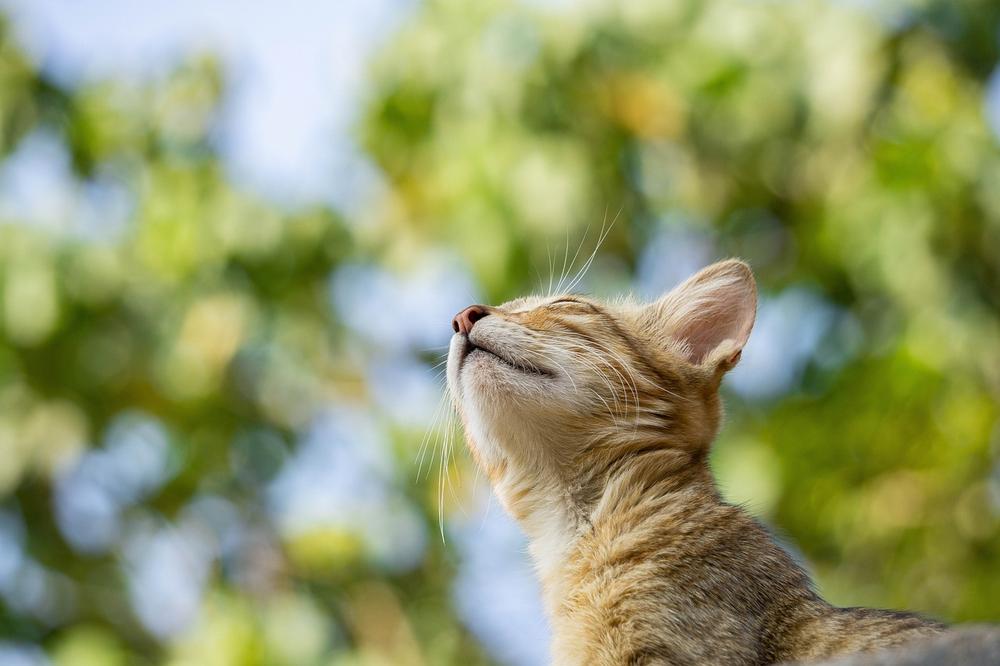
Seek professional advice when needed.
Final Thoughts on Cats and Proper Hydration
Summary/Key Takeaways:
- Cats require access to water for optimal health and can show signs of dehydration after 24 hours without drinking.
- A healthy adult cat should consume 4 ounces of water for every 5 pounds of body weight per day.
- Most cats can survive 3-4 days without water, but some have survived up to 2 weeks.
- Kittens are more vulnerable to dehydration and consistent access to water is important.
- Overall health, age, and sleep patterns can affect a cat's ability to survive without water.
- Sick cats, especially those with vomiting or diarrhea, are prone to severe dehydration.
- Signs of dehydration in cats include lethargy, weakness, dry gums, and skin tent test.
- Severe dehydration can lead to loss of appetite, sunken eyes, and collapse.
- Low water intake can cause kidney disease, cystitis, constipation, and other health problems.
- Encouraging cats to drink more water is important and can be achieved through various tips.
- Sudden changes in drinking habits may indicate illness and should be evaluated by a vet.
- If you suspect dehydration, take your cat to the vet for electrolyte treatment.
- Ensure your cat's well-being when leaving town by boarding or getting a pet sitter.
- Monitor your cat's behavior for any signs of mental health issues.
And that wraps up today's article.
If you wish to read more of my useful articles, I recommend you check out some of these: How Long Does It Take for a Cat to Die if It Stops Eating, Older Cat Not Eating but Drinking, How Long Can a Cat Survive Locked in a Shed, My Cat Has Worms How Do I Clean My House, and Cat Losing Weight
Talk soon,
-Sarah Davis